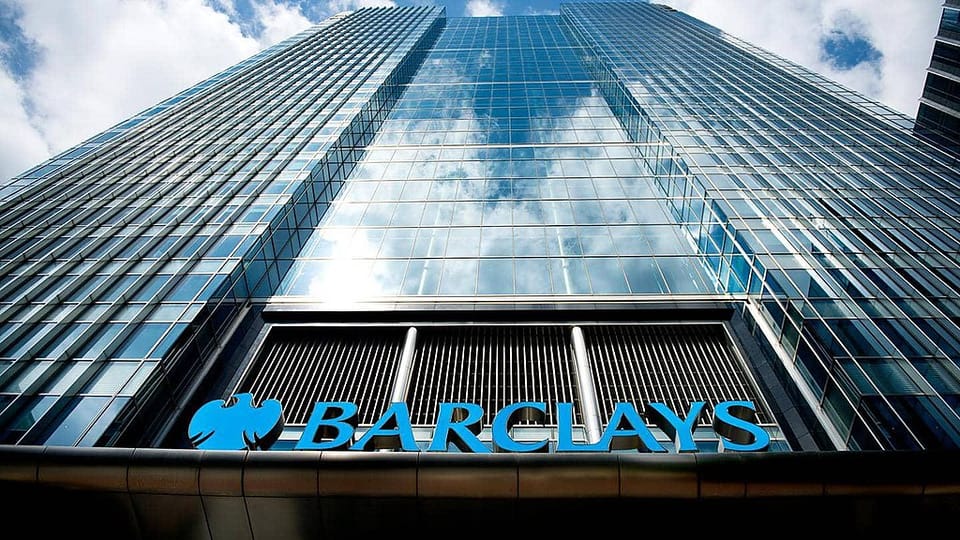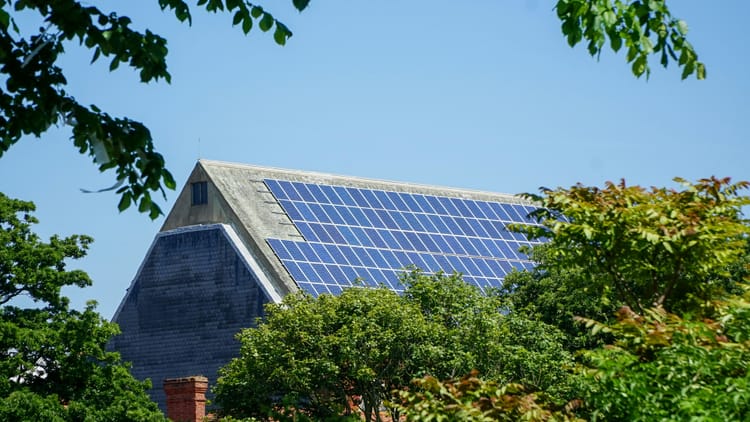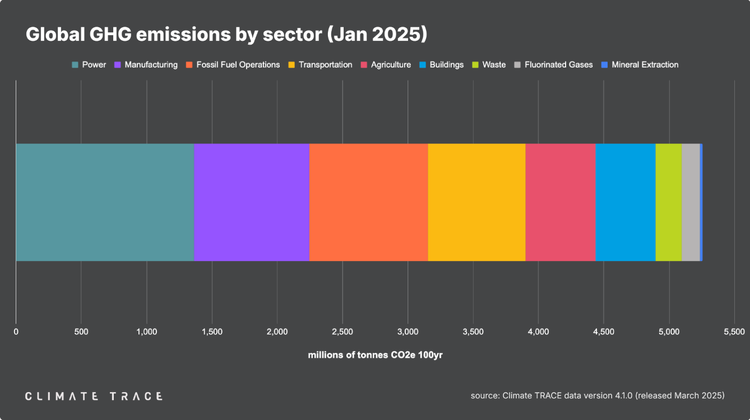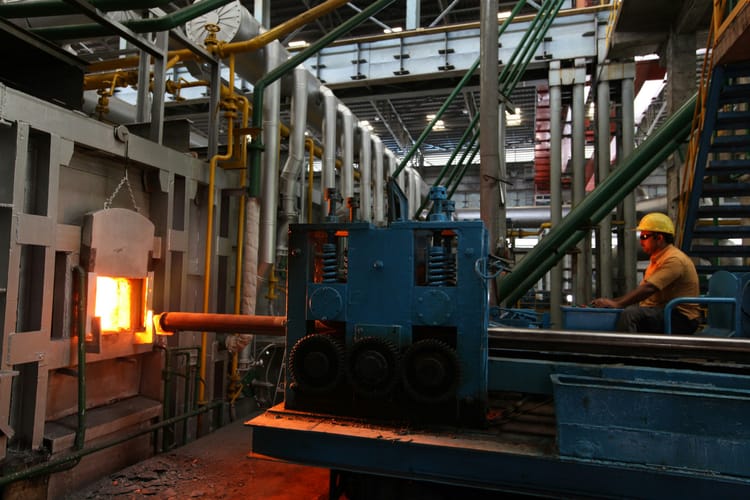Top fossil fuel financier Barclays stops funding new oil and gas projects

UK bank Barclays, the world’s seventh largest fossil fuel financier, has revealed a new climate transition plan that includes several new oil and gas restrictions and exclusions.
The updated climate change statement released today by the bank states as of February 9, 2024, Barclays will no longer provide project finance or any other direct financing for oil and gas expansion projects or related infrastructure projects.
Barclays provided more than US$190 billion of financing to the fossil fuel sector between 2016 and 2022, and counts ExxonMobil, Shell, TotalEnergies, Equinor, Chevron and BP as top clients. Its previous climate plan was criticised for lacking a commitment to end new oil and gas expansion.
The move is therefore seen as a “huge leap forward”: “This is huge, as Barclays had historically been seen as the worst offender of providing financing to new oil and gas projects. I can't emphasise enough how significant it is to see players in the market who have previously been seen as laggards making huge leaps forward as they recognise the huge commercial risks of falling behind, and the opportunities of getting ahead,” said Andrew Griffiths, Director of Policy and Partnerships at PlanetMark.
Climate target expectations for energy clients
Among other commitments, the bank is also asking its energy clients to provide emissions reduction plans by January 1, 2025, including Scope 1 and 2 reduction targets (including methane), Scope 3 absolute emissions reduction targets or commitments, any potential plans to expand production and low-carbon activities.
These new expectations could put pressure on the likes of ExxonMobil (which is suing its shareholders to avoid setting Scope 3 targets) or Shell (which recently backtracked on its commitment to cut production).
However, Barclays’ minimum requirements do not include Scope 3 targets, and are instead aligned with the Oil and Gas Decarbonisation Charter unveiled at COP28: net zero-aligned Scope 1 and 2 absolute emissions or intensity reduction targets, OGCI-aligned 2030 methane reduction goals and a commitment to end routine flaring. Most of the oil majors in the bank’s client list already meet these requirements.
Oil and gas expansion and unconventional sources
From next January, the bank will no longer finance non-diversified energy groups that spend more than 10% of their capital on oil and gas expansion, and will review these clients’ activities annually to determine whether or not to continue funding them.
It has also added financing exclusions for oil and gas extraction in the Amazon and Arctic Circle, as well as fracking (in the UK and Europe) and oil sands projects and pipelines.
When it comes to coal, the bank has now stopped financing new thermal coal mining projects and associated infrastructure projects, will not accept any new clients in this sector and stop working with existing clients that get more than 30% of their revenue from thermal coal. By 2030, it will have phased out all thermal coal financing in the EU and OECD countries.
Barclays transition finance commitment
The new transition plan follows Barclays’ December 2023 commitment to facilitate US$1 trillion of sustainable and transition Financing by the end of 2030.
It marks a much needed shift in the banking sector, which continues to fund more fossil fuels than low-carbon energies: According to BloombergNEF research, for every dollar of bank financing provided to fossil fuels in 2022, US$0.73 supported low-carbon energy – a decline from US$0.75 in 2021, and far below the 4:1 ratio needed this decade to meet Paris Agreement goals.







Member discussion